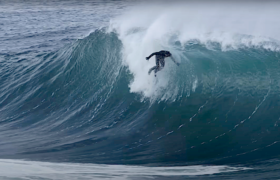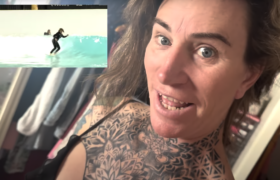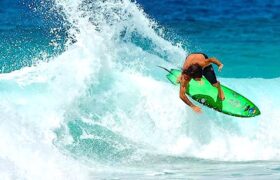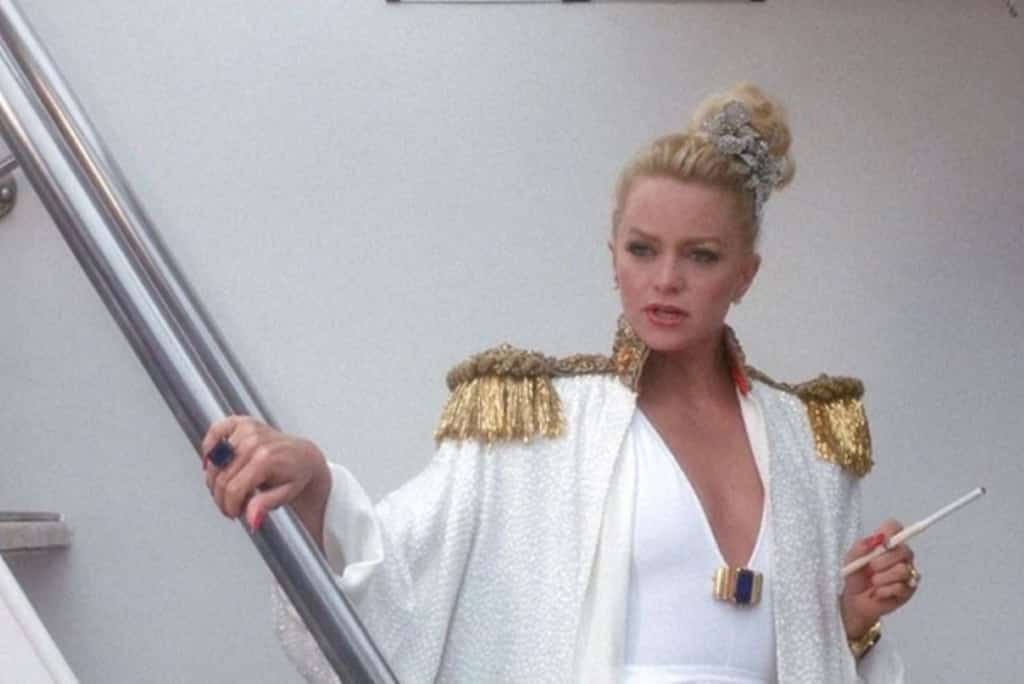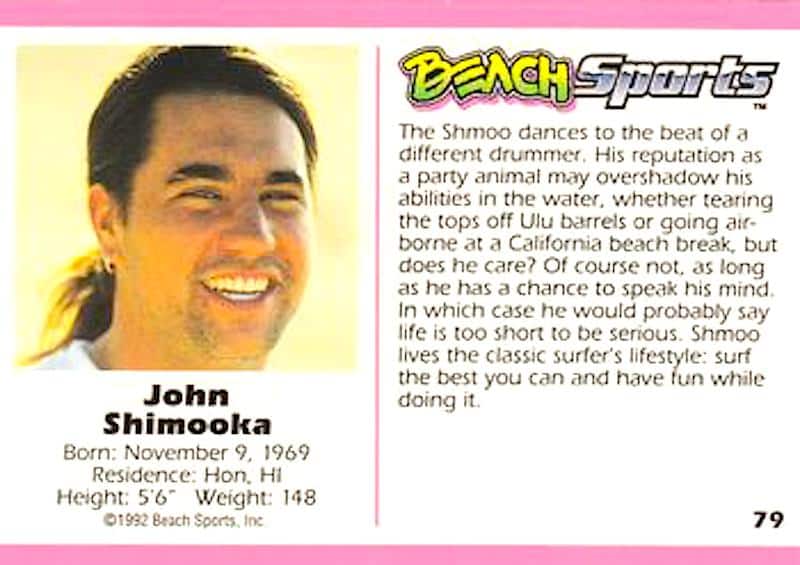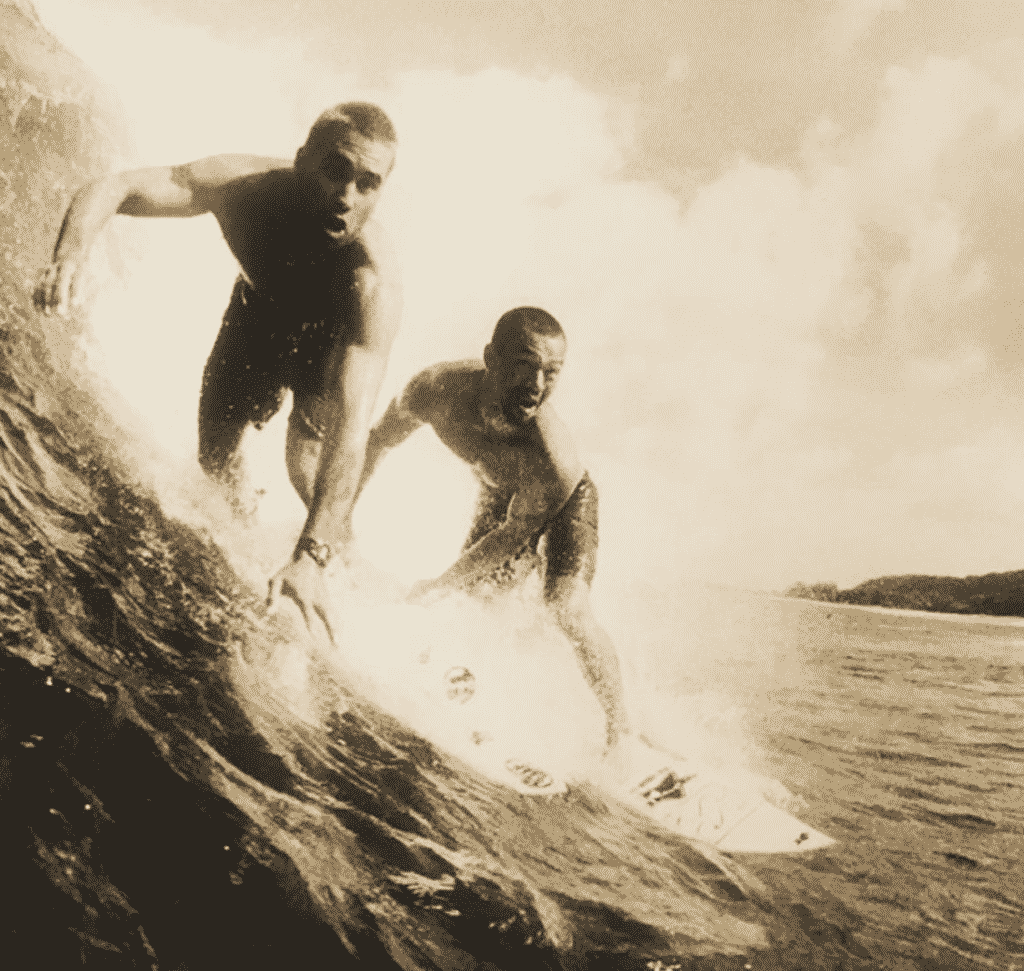"I'm losing it."
Oh bother. And if there was one thing proud Great Britain did not need it was a kerfuffle over its English language but, amidst eternal Brexit negotiations, a Coronavirus pandemic and Boris Johnson here we are for the nation’s proud, revered news organization, the British Broadcasting Corporation, has decided to drop the toxic and triggering word “fishermen” and replace it with the more inclusive “fisherpeople.”
The change occurred on Radio 4’s Today program and sparked instant backlash as fisherpeople took to social media to decry the change, the BBC’s continuing “wokeness” and to point out that a tiny fraction of commercial fisherpeople in the country are women.
Ashley Mullenger, who calls herself the ‘female fisherman,’ joined the fight and told the Daily Mail she only knows of six women also doing her job in the entire United Kingdom.
The BBC’s style guide declares: “Unless you are sure only males are involved, avoid words such as ‘newsmen, ‘businessmen’ and ‘policemen.'” And a spokesperson, when reached for comment, insisted that there was no “ban” on fishermen though “fisherpeople” was perfectly acceptable.
Anchor Piers Morgan, who used to be almost cable news famous in the United States, took to the airwaves infuriated.
“Here’s the point, it’s a rough old job, on the trawler boats on the rough high seas. I’ve never seen a woman on a trawler boat doing that. There must be some, I guess, but is there a single woman in the country who actually trawls for fish professionally… the whole language is being changed from fisherman to fisherpeople. There are certain jobs that women don’t like to do. And it may be that in a trawler, rough and tough in the North Sea at midnight on a Wednesday in January, it’s not up there on the to-do-list of the equality brigade.”
How much time do you think Piers Morgan has spent commercially trawling in the North Sea?
A few months a year?
More to our point, should we change the outdated and exclusionary word “surfer” for “surferpeople?”
Should DJ Paul Fisher change his potentially offensive last name/stage name to Fisherperson?
Much to ponder.
